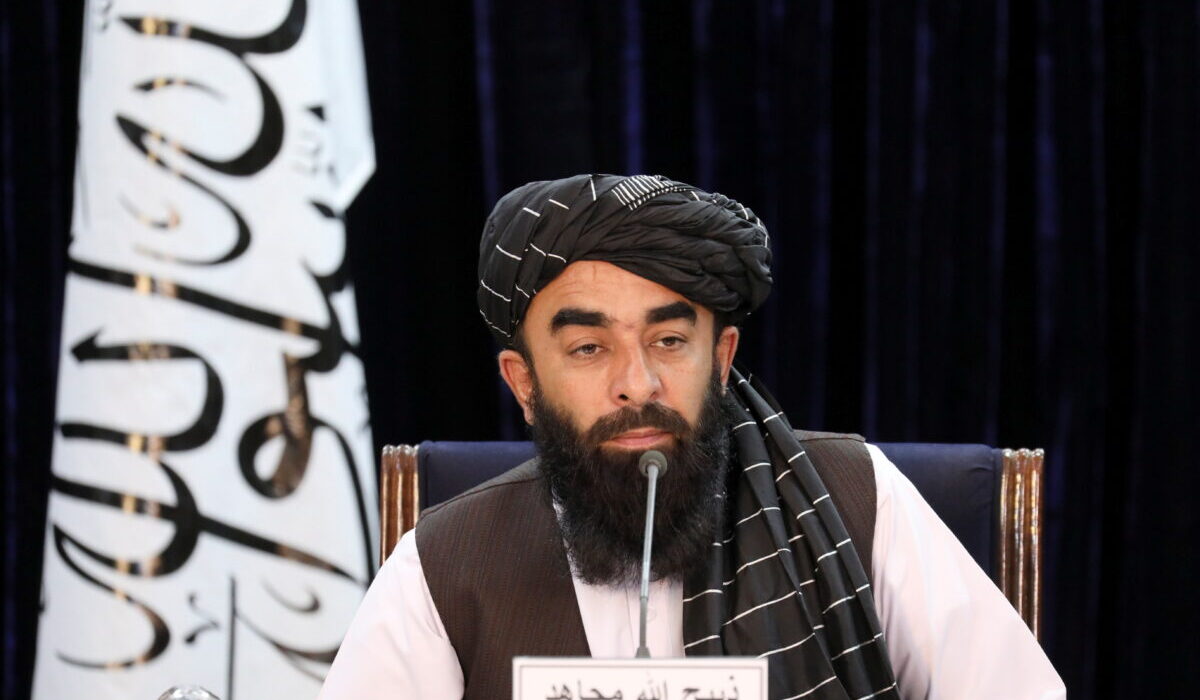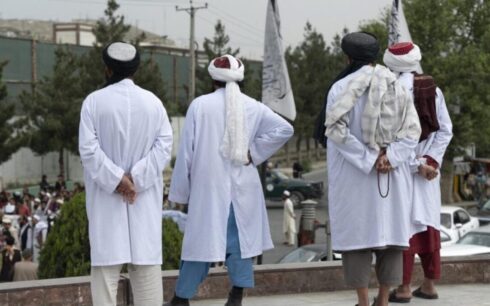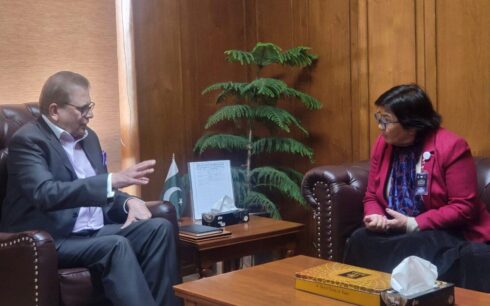As the Taliban’s new morality law faces widespread domestic and international criticism, their spokesperson, Zabihullah Mujahid, dismissed these concerns on Monday, calling them “baseless” in a statement.
He added that the reactions would not influence the implementation of the law.
The Taliban’s statement was issued in response to concerns raised by the United Nations Assistance Mission in Afghanistan (UNAMA) and other entities.
Roza Otunbayeva, head of UNAMA, criticized the new law, describing it as an “arbitrary enforcement structure.” She warned, “This presents a troubling vision for Afghanistan’s future, where Taliban morality enforcers have the authority to threaten and detain individuals based on broad and often vague lists of violations.”
In response to these concerns, Mujahid told the Taliban-run national television, “We consider such objections to Islamic law as audacious.” He further claimed, “No one should worry about the implementation of these Islamic laws, as there will be no transgression, oppression, or injustice against anyone.”
Mujahid also asserted that the new laws do not impose restrictions on anyone, despite the fact that they prohibit women from speaking outside their homes.
Women’s rights activists have condemned the law, describing it as a form of imprisonment for women. Rosemary DiCarlo, the United Nations Deputy Secretary-General for Political Affairs, denounced the Taliban’s decree, calling it a violation of “human conscience.”





